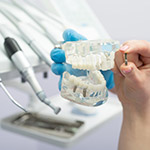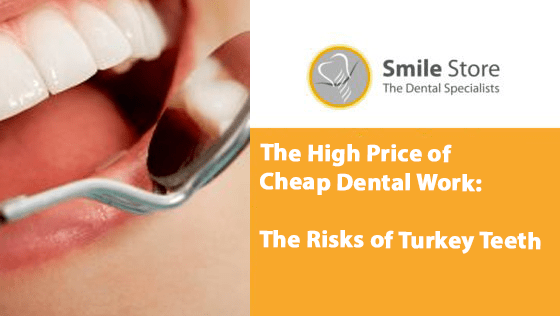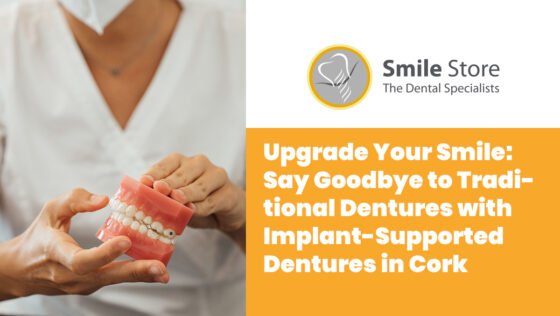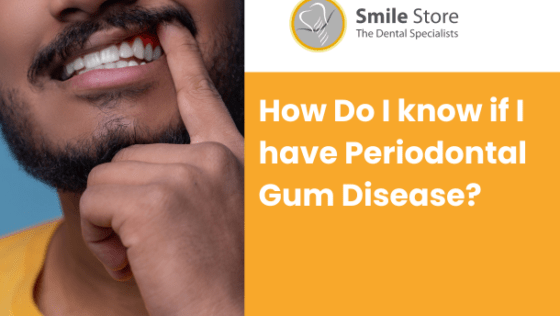One of the biggest culprits in tooth loss is gum disease.
Gum disease has two stages, and if detected early on a regular check-up or hygiene visit, can be treated.
The first stage is Gingivitis.
Gingivitis – Early Stage of Gum Disease
Gingivitis is the early stage of gum disease. It affects only the soft tissues of the gums themselves and may not even cause too much discomfort other than periodic bleeding when you brush or floss your teeth.
It’s caused by a build-up of bacteria and plaque around the neck of the tooth and the gumline.
- Symptoms of Gingivitis may include:
- Swollen, puffy and bleeding gums
- Bad breath (halitosis) or a funny taste
- Receding gums so teeth look ‘long’
- Increasing spaces in between the teeth
If you are experiencing any of the above symptoms, book a visit with your dentist or hygienist so they can properly evaluate the condition.
Gingivitis is treatable with a proper cleaning from the hygienist (you may need to come more frequently than once every six months) to remove plaque from below the gumline using instruments you don’t have at home.
You will need to practice excellent home care including flossing and interdental brushes to remove food debris from spaces between teeth, and in some cases specific mouthwashes.
Gingivitis is reversable with immediate treatment.
Periodontitis – Advanced Stages of Gum Disease
Periodontitis is the term used more advanced periodontal disease. If your gingivitis has been allowed to progress, not only are your gums affected but so too is the bone that supports your teeth.
If gums remain inflamed and plaque is not removed from the gumline, the gums start to pull away from the teeth and form pockets down the side of the tooth.
Bacteria, plaque and food residue collect in the pockets, leading to infection of the gum. The surrounding bone starts to get damaged by the bacterial toxins and by your immune response to infection.
As the inflammation worsens, more supporting bone around the teeth is lost leading to loosening of the teeth themselves. Gums continue to recede; teeth become unstable and ultimately fall out.
Periodontitis cannot be reversed, but if treated by a periodontal specialised the condition can be stabilised. This is vital to maintain teeth you have, or particularly important in the case of dental implant patients as implants can only be placed into stable bone where no infection is present.

Periodontal Treatments
Our Fees
Tax relief
Your cost
Remarks
Periodontal assessment and treatment planning
€100
20%
€80
Excluding any x-rays necessary
Latest posts
Tax Relief
Tax relief is available on many different dental procedures available at Smile Store – The Dental Specialists.
Call backContact us
Request a call back to met one of our friendly staff!
















